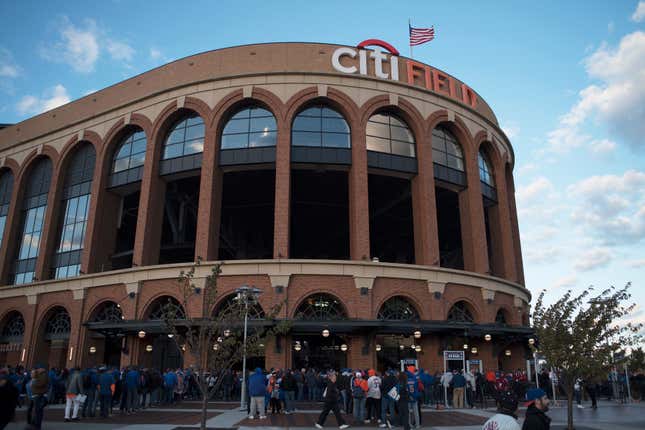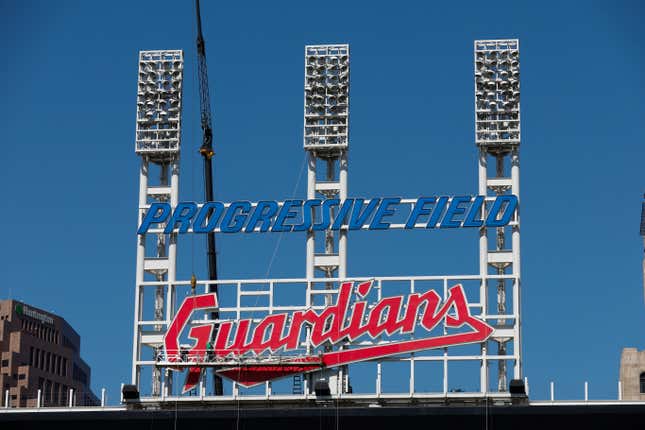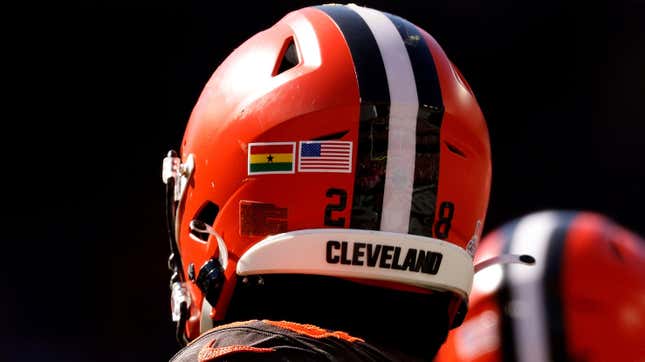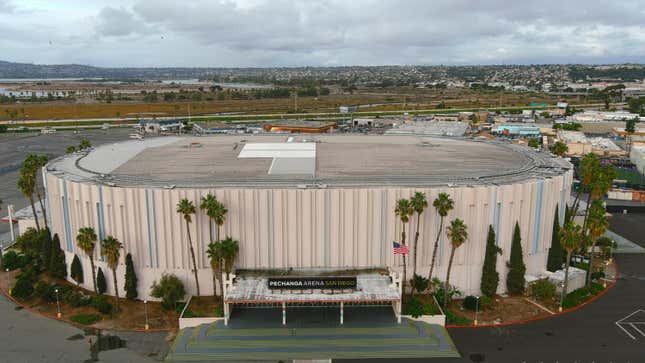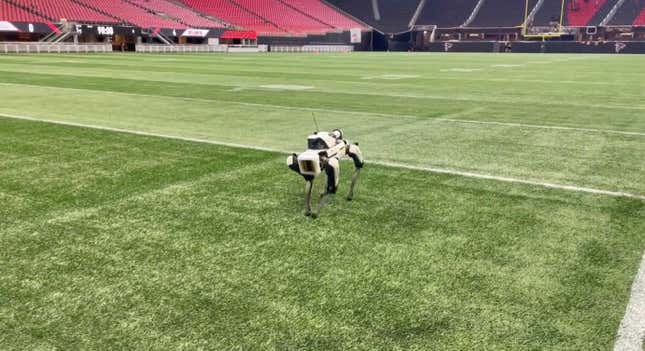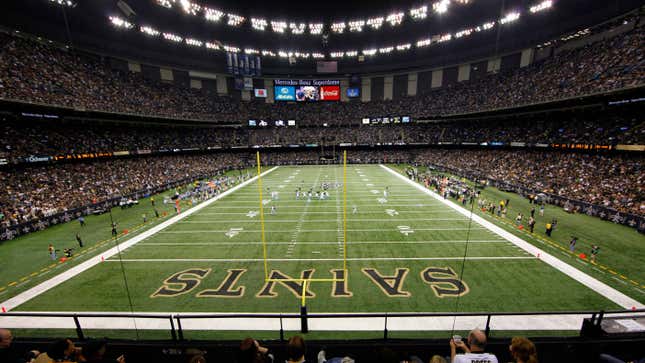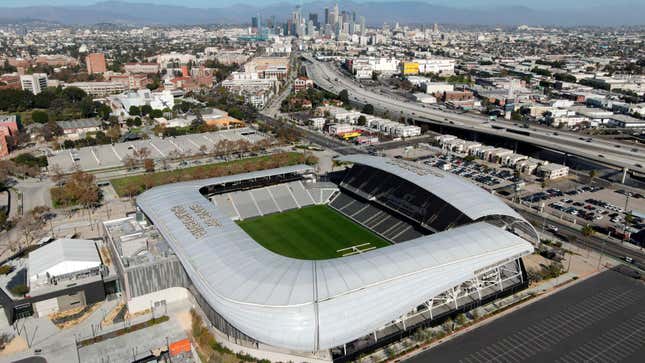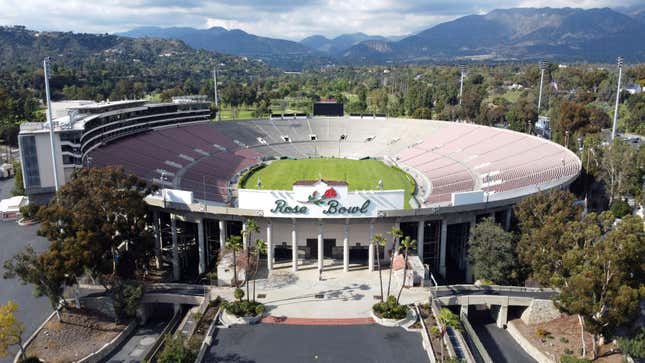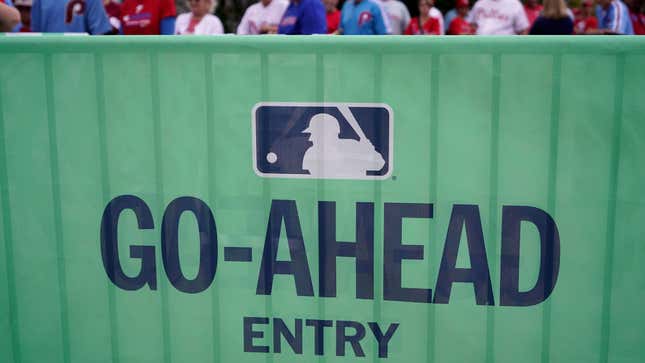
When the Philadelphia Phillies baseball team introduced its new “Go-Ahead Entry” facial recognition authentication method last week, it was intended to decrease wait times and increase efficiency. In reality, according to Axios, it did just the opposite. Glitches in the system accidentally picked up the faces of others waiting in lines, forcing security to create an impromptu “buffer zone” for the cameras. Glitches or not, the Phillies aren’t alone. Other sports stadiums in the US have already implemented, or are testing some form of facial recognition authentication.
The pitch, which so far has gone unrealized in Philly, is a straightforward exchange of privacy for convenience. At Citizens Bank Park in Philadelphia, fans interested in using the Go-Ahead entry have to download the latest version of the MLB Ballpark app and submit a selfie of their face. Once opted in, the fans can then walk into the stadium where cameras will attempt to recognize their faces. Since that face is linked to their ticket, they can enter the stadium without ever pulling out a phone of searching through their pockets for tickets.
The growing popularity of facial recognition at stadiums and music venues like Madison Square Garden has drawn criticism from privacy advocates who say the technology doesn’t work as well for women or non-white people. A coalition of more than 100 artists, including rock band Rage Against the Machine, recently signed a pledge earlier this year to boycott performing in stadiums that use the technology. Artists succeeded in preventing facial recognition from being implemented at some of the world’s largest music festivals, but preventing the expansion of the tech in sports is proving to be a more difficult task. The players aren’t mounting the same offensive as the artists did; there aren’t any exhibition games meant to highlight potential privacy incursions.
Continue reading to see some of the major sports stadiums already using facial recognition.
